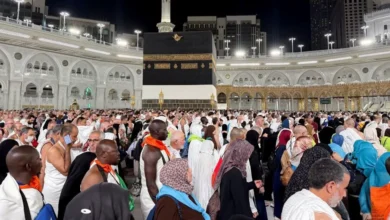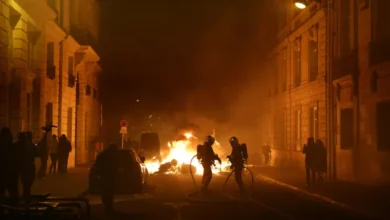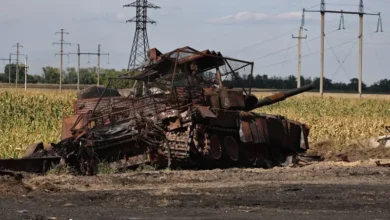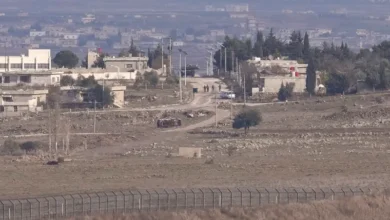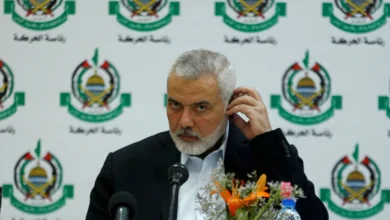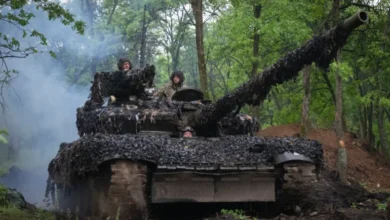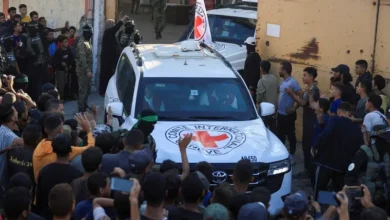Life returns to an Israeli desert city, but fears of Hamas remain
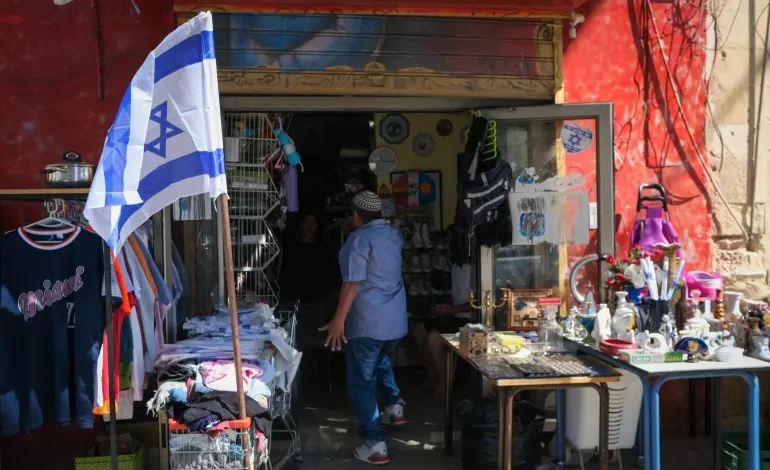
Nestled on the northern edges of the Negev desert in southern Israel lies a city at odds with its dusty, arid environment.
Beersheba, with more than 200,000 residents, boasts an eclectic mix of architecture. It is home to a historic Ottoman old city, a chaotic collection of monolithic concrete structures built during the heyday of Israel’s experimentation with neo-brutalist styles and a shiny business centre surrounded by a dizzying network of more than 250 roundabouts.
Hebrew, Arabic, Tigrinya, Russian, Spanish and many more languages can be heard on the city’s streets.
The city has been growing fast in recent years and is part of an ambitious plan by the Israeli government to become a southern hub for the technology and defence industries.
However, since October 7, when the armed wing of the Palestinian group Hamas broke out of the Gaza Strip, launching a surprise attack on southern Israel, life in the city ground to a halt.
Israel has responded with a relentless, deadly aerial bombardment of Gaza and severed essential supplies from reaching the 2.3 million people who live inside the besieged enclave.
Hamas has responded by firing missiles at Israeli cities but about 90 percent of them are struck down by Israel’s Iron Dome defence system.
A deep-seated hatred of Hamas
Some shops and local businesses are beginning to reopen but people remain extremely cautious.
There is a sense of deep suspicion among locals, with many preferring not to give their last name or be photographed.
Simon, a cafe owner in his 30s with Tunisian and Polish heritage, says the attack rattled the local community because it showed they had become complacent to the risk posed by Hamas.
“We know Hamas”, he explained, saying they had long felt a threat from the group located in Gaza, roughly 40km (25 miles) to the west.
“We have a good army, we have a strong army”, he said firmly, “but we got caught by surprise”.
Despite an unwavering belief in the strength of the Israeli military, he is cautious about predicting when the war will end because there remain about 200 Israeli hostages in Gaza.
He says schools have closed, leaving his three children at home, but with a lack of adequate bomb shelters, his family have moved in with his in-laws.
Close by, a pair of visibly stressed mothers fill an SUV with heavy suitcases. Both their husbands are serving in the army and they feel unsafe in the area with their children, so they are evacuating to the north of the country.


